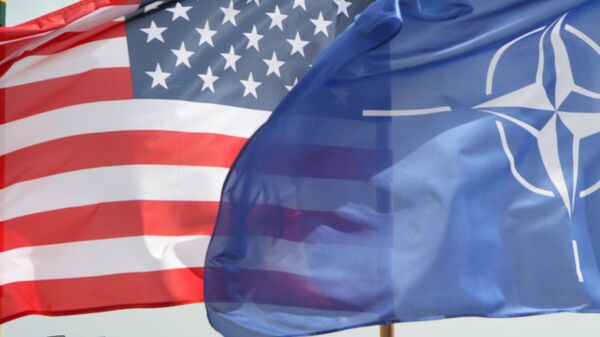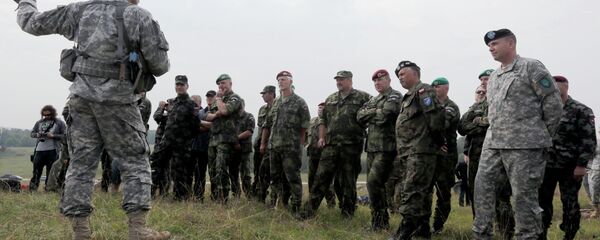"I think that the alliance is in jeopardy. [Trump] seems very clear on his feeling that the situation in NATO has to change and it's likely that he will take advantage of what's going on in Europe to try to manipulate the situation and move for a massive restructuring," Reinhardt said.
She pointed out that NATO was unlikely to fall apart but the things may change a lot.
"[Trump] believes he can work with anybody. He is thoroughly confident in his own abilities to negotiate and to work with people in positions of power, so he does believe he can work with Putin. It's unclear what he wants to do," Reinhardt said.
From Reinhardt’s point of view Trump’s real position on Russia is still unclear.
"He never really said what he thought the position would be with respect to Russia and he didn't really take a stand in terms of what Putin has been doing in the last several months. So we don't know whether he will try to align with Putin, if would do anything as drastic as leaving NATO. That doesn't seem likely, but it's not out of the realm of possibilities," she said.
Reinhardt also spoke about Trump’s future internal policy saying that he is unlikely to fully implement his tax and spending plans.
"I don't think that's very likely. The president has the ability — as the leader of the branch of government that enforces the law — to do things like order the people and federal agencies to enforce particular things. But he doesn't have the ability make the laws — and certainly not those that pertain to the country as a whole, such as spending laws and taxing laws. So he would have to have quite a few people on his side in order to change the tax code — and that's an incredibly complicated thing to do," she said.
Trump won the US presidential elections despite most of the analysts and opinion polls predicting his defeat to Democratic Party nominee Hillary Clinton. Trump got 279 electoral votes against Clinton's 228 votes, according to the NBC projection.


